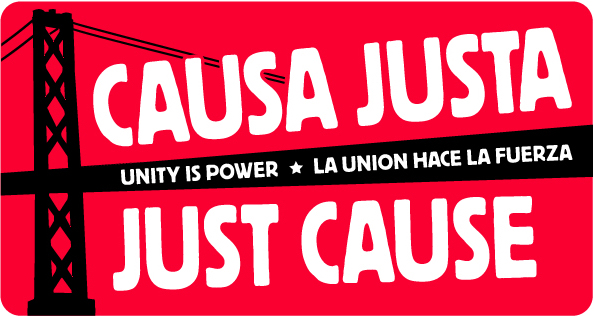Ingrid Chapman, Organizer, Alabama Coalition for Immigrant Justice and Alia Trindle, Catalyst Project
Containing a host of 30 discriminatory provisions, this new Jim Crow law makes Alabama unlivable for undocumented immigrants. Because the law is so extensive and extreme, Alabama citizens haven taken on the role of immigration enforcers, interpreting the law as they see fit, and checking immigration status at every intersection of peoples’ lives: public schools, children’s sports teams, electricity and water companies, hospitals, pharmacies, super stores like Walmart, trailer parks, apartment buildings, and by police at every traffic stop who are required to check the immigration status of people they stop and reasonably suspect to be in the country unlawfully.
This has had the predictable affect of widespread racial profiling of anyone who is brown and/or has an accent. People are afraid to leave their homes, afraid to drive to work, to school, to the grocery store. Further, the law stipulates that all new contracts between an undocumented immigrant and another person are unenforceable in state court. Consequently, in several counties the public utility companies have announced that they will not provide water, gas, or sewage service to people who can not prove their status.* Trailer park managers are asking residents to prove their status and then evicting everyone, claiming their leases are now null and void.
Under HB56, K-12 school officials are required to question students about their immigration status and that of their parents — who are now afraid to send their kids to school. At least 2500 children have been taken out of school by their parents. Thousands of other students were absent in the first few weeks after the law passed. Schools lost millions of dollars in federal funding, and thus lost jobs, due to the un-enrollment of thousands. Racism and bullying have increased in schools. This part of the law was temporally enjoined two weeks after it went into effect. However much damage was done.
Other provisions of the law have been temporarily blocked by the courts. These include provisions that prohibit residents from transporting or harboring undocumented immigrants; make it a traffic violation for motorists who stop in the roadway to hire a day laborer; prohibit universities from enrolling certain immigrants – including asylees, refugees or those granted temporary protected status; make it a misdemeanor for failing to complete or carry an alien registration card; prohibit employers from taking state tax deductions for wages paid to undocumented workers; and allow employers to be sued for discrimination by people with U.S. citizen or legal immigration status when they are fired or not hired by an employer with undocumented employees
Thousands and thousands of people have left the state. Thousands of others living in fear and only leave their homes for work, school and the absolute necessities. At the same time thousands of others are stepping up, organizing, fighting back and building an incredible cross-cultural, multiracial movement in Alabama.
Alabama has taken an economic hit since the law was put in place, with a loss of skilled workers, business closures, loss of jobs and state tax revenues. Farmers, whose tomatoes rotted in the field because all their workers fled the state, have confronted the Governor with buckets asking if he would help pick the crops. A recent survey showed that the majority of Alabamians are now against the law.
*Stories from the ACIJ hotline

